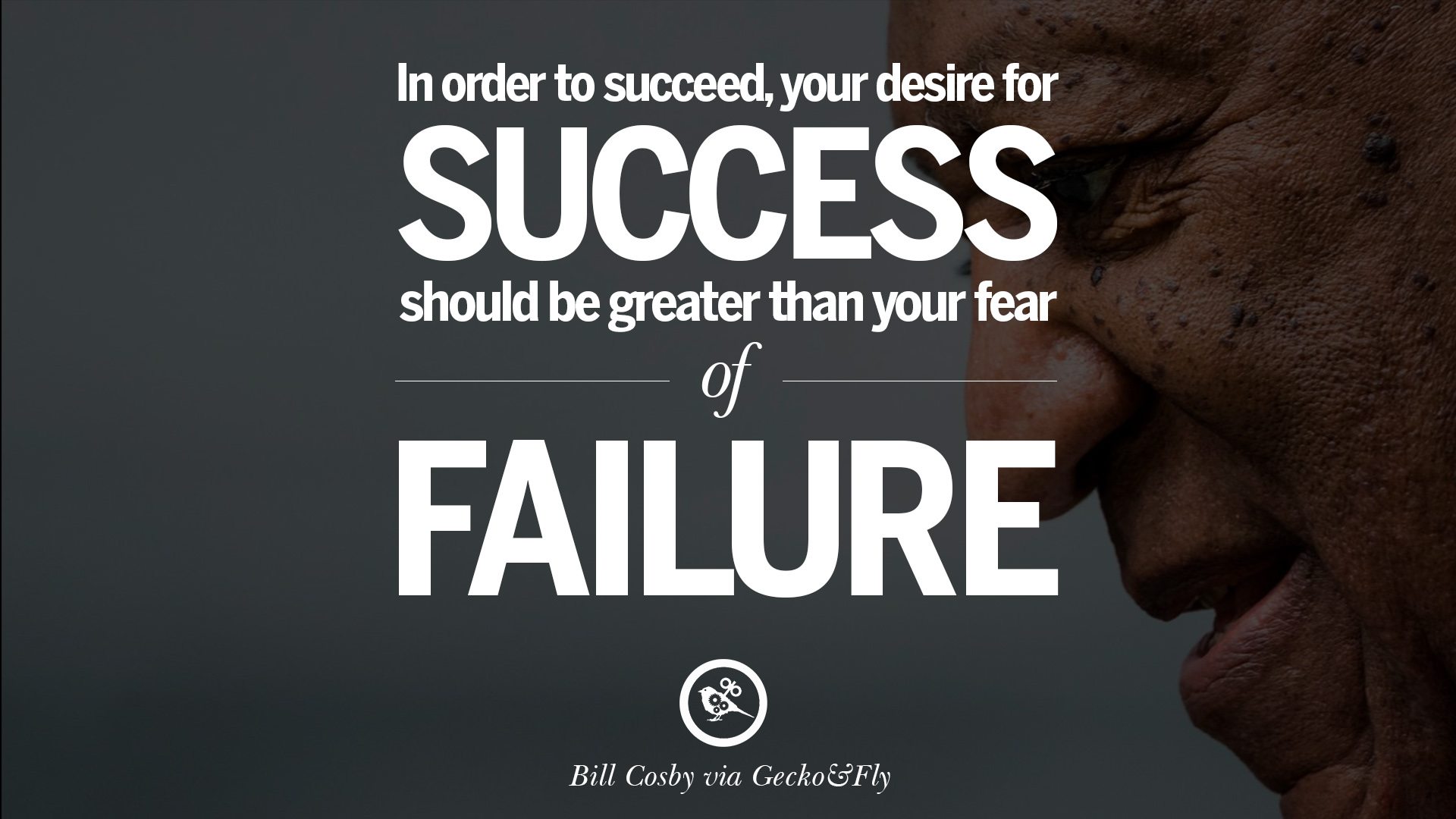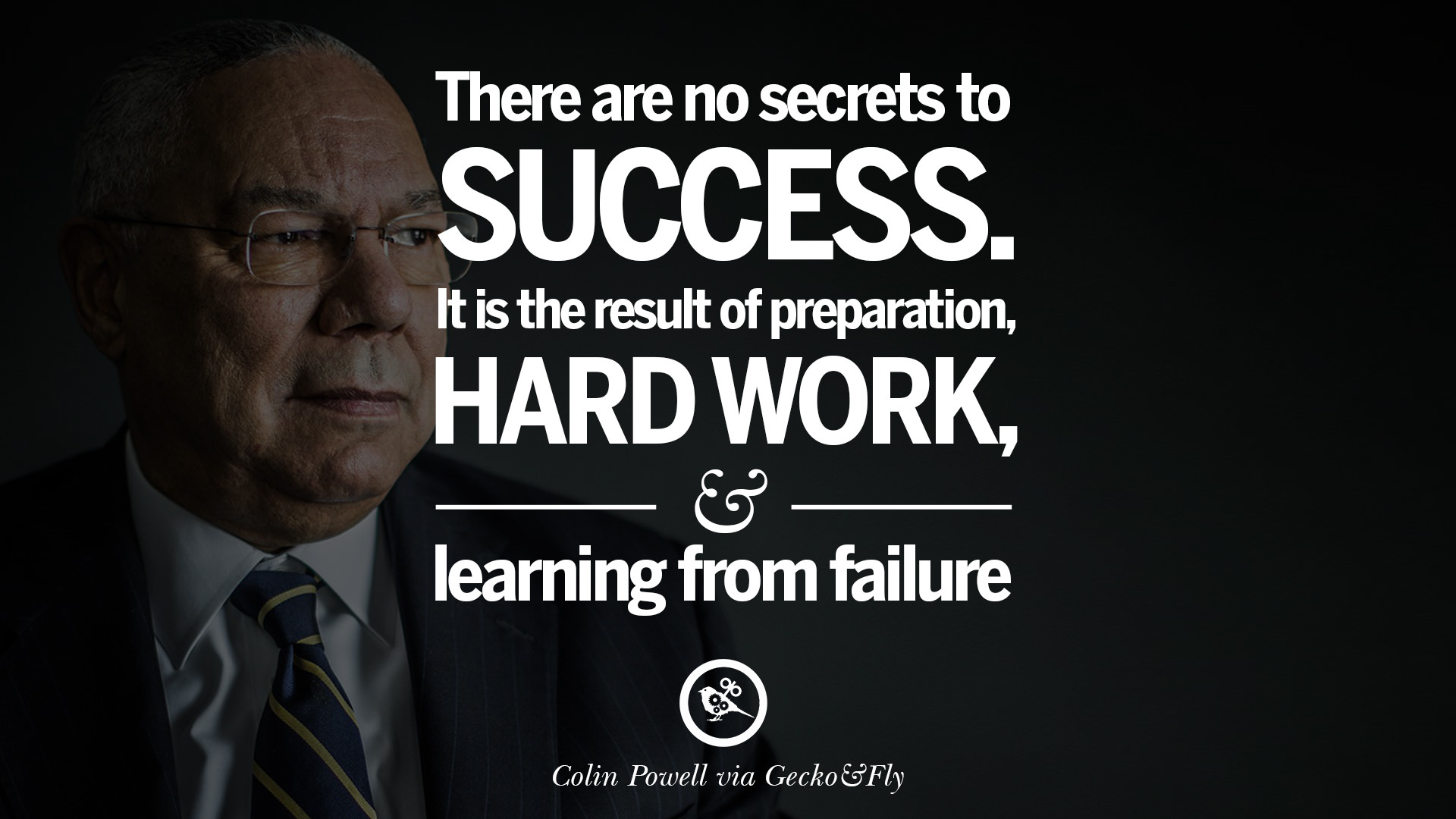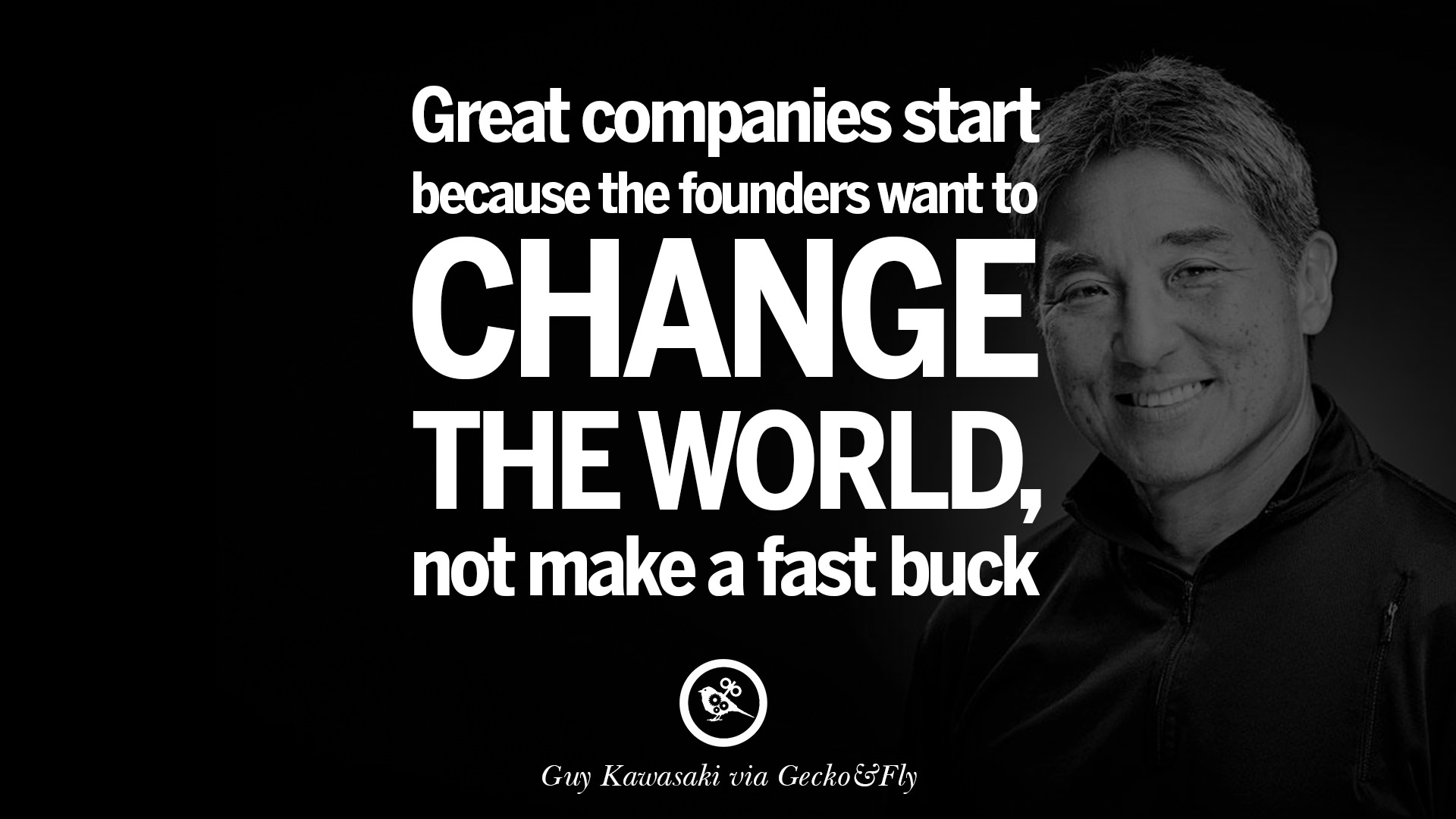Business Motivational Quotes Success

In today's fast-paced business world, many professionals turn to motivational quotes for inspiration, resilience, and a renewed sense of purpose. These concise statements, often attributed to successful entrepreneurs, thought leaders, and historical figures, are widely shared across social media, incorporated into presentations, and displayed in office spaces.
But how effective are these quotes, and what role do they play in fostering success? This article explores the multifaceted impact of business motivational quotes, examining their psychological influence, practical applications, and potential pitfalls.
The Psychology of Inspiration
Motivational quotes tap into fundamental psychological principles. They offer a quick dose of positive reinforcement, reminding individuals of their capabilities and the possibility of achieving their goals.
Studies in positive psychology suggest that regularly engaging with uplifting content can boost mood, increase self-efficacy, and promote a growth mindset, which are all crucial ingredients for success in a competitive business landscape. This idea resonates with the work of researchers like Dr. Carol Dweck, whose research highlights the power of believing in one's ability to learn and grow.
Beyond the Buzzwords: Practical Applications
Beyond the initial emotional boost, motivational quotes can serve as practical reminders of key business principles. For instance, a quote emphasizing the importance of innovation can prompt teams to brainstorm new ideas.
Similarly, a quote about customer service can refocus attention on building strong client relationships. Many companies integrate these quotes into their training programs and internal communications to reinforce core values and strategic objectives.
"The only way to do great work is to love what you do," a famous quote attributed to Steve Jobs, is often cited to encourage employees to find meaning and passion in their work, ultimately leading to increased productivity and job satisfaction.
The Potential Pitfalls
However, relying solely on motivational quotes without taking concrete action can be counterproductive. Critics argue that excessive exposure to inspirational messages can create a false sense of accomplishment, masking underlying issues and hindering real progress.
Furthermore, some quotes may promote unrealistic expectations or perpetuate harmful stereotypes. For example, quotes that glorify relentless hustle without acknowledging the importance of work-life balance can contribute to burnout and stress.
Dr. Susan David, a renowned psychologist and author, cautions against using positivity as a form of emotional avoidance. She emphasizes the importance of embracing a full range of emotions, including difficult ones, to foster resilience and adaptability.
Finding a Balance
The key to harnessing the power of motivational quotes lies in finding a balance. Rather than passively absorbing these messages, individuals should critically evaluate their relevance and applicability to their own situations.
It's also essential to supplement inspiration with concrete action, strategic planning, and continuous learning. Consider the quote "Success is not final, failure is not fatal: It is the courage to continue that counts," attributed to Winston Churchill, which highlights the importance of perseverance over short term results.
By integrating motivational quotes into a comprehensive approach to personal and professional development, individuals can leverage their potential to foster genuine success and achieve their goals.









